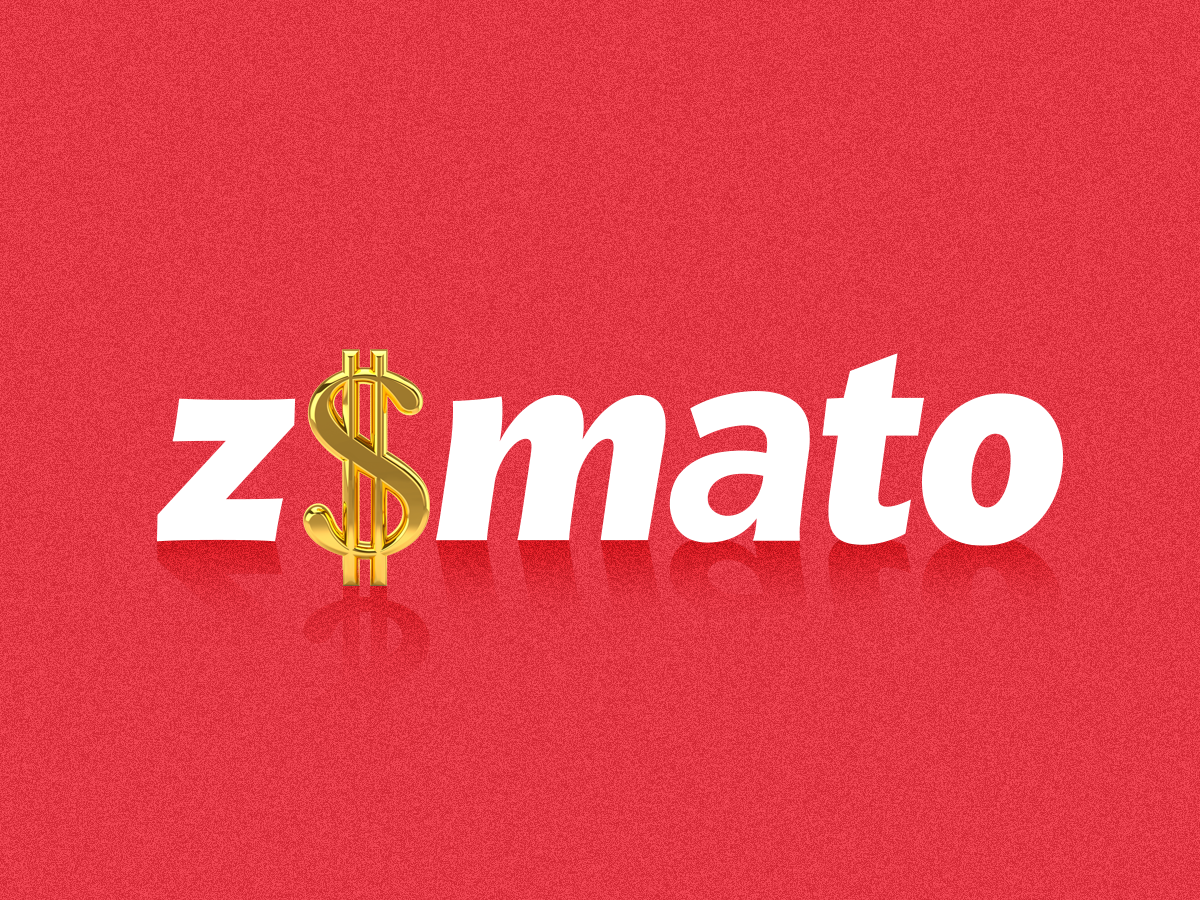Zomato CEO Deepinder Goyal Steps Down from Urban Company Board: Reports.
The exact reasons for Goyal's resignation from the board of Urban Company are not yet clear. However, reports suggest that it may be related to conflicts of interest between Zomato and Urban Company.

Zomato CEO Deepinder Goyal Steps Down from Urban Company Board: Reports
According to media sources, the rapid commerce business Blinkit, owned by Zomato, is entering the home services market. Sources claim that Deepinder Goyal, co-founder and CEO of Zomato, has resigned from his position on the board of Urban Company, a Gurugram-based business that competes in the same market.
According to a source who spoke to Entracker, Blinkit has already begun to provide home chef services through a Gurugram-based business named ChefKart. “But the foray’s shape and form haven’t been agreed upon yet. It could potentially just be Blinkit platform advertising. Also, it’s unclear which exact services will be offered at this time, “Added the source.

A new service named Zomato Everyday has been introduced by Zomato. This seeks to provide meals with a familiar flavour. According to Zomato, this meal will be prepared by “genuine home chefs” for a reasonable price. The business blogged about the change.
The target market for the new Zomato Daily service is a population that frequently lives apart from their families and doesn’t always have access to home-cooked meals. Currently, Zomato Everyday is only accessible in a few districts of Gurgaon. Goyal also disclosed plans to construct “Rest Stations” to aid gig economy employees and the delivery partners of different businesses.
Goyal stated in a blog post: “We recognise that delivery partners encounter many hurdles while on the job, from managing traffic to delivering orders in adverse weather. We are pleased to introduce The Shelter Project, under which we have begun constructing public infrastructure (referred to as Rest Points) to support the entire gig economy and delivery partners of various firms, in keeping with our commitment to their wellbeing.
Deepinder Goyal’s Resignation
According to media reports, Deepinder Goyal stepped down from the board of Urban Company on February 26, 2023, after serving as a board member for almost four years.
The move has garnered a lot of attention in the Indian startup ecosystem, as both Zomato and Urban Company are considered to be among the country’s most successful startups. Zomato, which recently went public, is a food delivery and restaurant discovery platform that has operations in several countries. At the same time, Urban Company offers a range of home services such as cleaning, beauty, and repair services.
Why did Goyal resign from the board of Urban Company?

The exact reasons for Goyal’s resignation from the board of Urban Company are not yet clear. However, reports suggest that it may be related to conflicts of interest between Zomato and Urban Company. Both companies operate in the hyper-competitive Indian consumer services market, and there have been rumours of tensions between the two in the past. Goyal’s departure from the Urban Company board could be seen as a move to avoid any potential conflicts of interest in the future.
What does this mean for the Indian startup ecosystem?
It’s unlikely that either business will be significantly impacted by Goyal’s departure from the board of Urban Company. Both Zomato and Urban Company are well-established players in their respective markets and are likely to continue growing and expanding in the years ahead.
However, the move does raise questions about the relationship between different players in the Indian startup ecosystem and highlights the need for transparency and ethical conduct in the industry.
While Goyal’s resignation from the board of Urban Company is surprising, it is unlikely to have a significant impact on either company. However, it does serve as a reminder of the importance of ethical conduct and transparency in the Indian startup ecosystem and underscores the need for more open and collaborative relationships between different players in the industry.
The Relationship between Zomato and Urban Company
Zomato and Urban Company have had a close relationship for several years, with both startups sharing common investors, such as Sequoia Capital and Tiger Global Management. In 2018, Zomato even invested in Urban Company’s series D funding round, which raised $50 million for the home services startup.
However, as both companies have grown and expanded their operations, there has been increasing competition between them in certain areas. For example, Zomato has recently launched a grocery delivery service, which puts it in direct competition with Urban Company’s home grocery delivery service. This could be one of the reasons why Deepinder Goyal decided to step down from Urban Company’s board.
Another element that could have triggered the conflict of interest is the fact that Zomato has been expanding its presence in the online ordering and delivery of various services, including home services. With Zomato’s growing focus on the home services market, it may have become challenging for Goyal to balance his role as a board member of Urban Company with his duties as the CEO of Zomato.
What Does the Future Hold for Zomato and Urban Company?

Deepinder Goyal’s resignation from Urban Company’s board has raised questions about the future of the relationship between Zomato and Urban Company. Some industry experts believe that the move could be a sign of increasing tension between the two startups. In contrast, others believe that it is simply a matter of avoiding any potential conflicts of interest.
However, it is important to note that both Zomato and Urban Company are well-established startups with strong business models and loyal customer bases. While there may be some overlap in the services they offer, both companies have carved out a niche for themselves in their respective markets.
It is also important to note that Zomato has recently made some big developments, including the debut of its grocery delivery service and a highly successful initial public offering (IPO). These actions have established Zomato as a major player in the Indian startup scene and indicate that the company has a bright future.
Similarly, Urban Company has also been expanding its operations and recently raised $190 million in a funding round led by Prosus Ventures and Tencent Holdings. This infusion of capital will allow Urban Company to expand its services further and compete more effectively with other players in the home services market.
Conclusion
Deepinder Goyal’s resignation from Urban Company’s board has sparked a lot of speculation about the future of the relationship between two of India’s most prominent startups. However, it is essential to remember that both Zomato and Urban Company are strong companies with loyal customer bases and solid business models.
edited and proofread by nikita sharma




